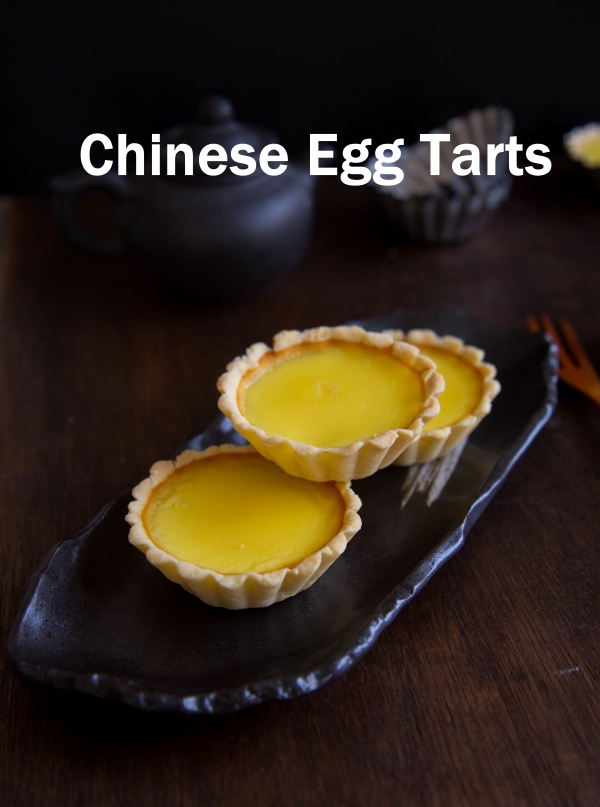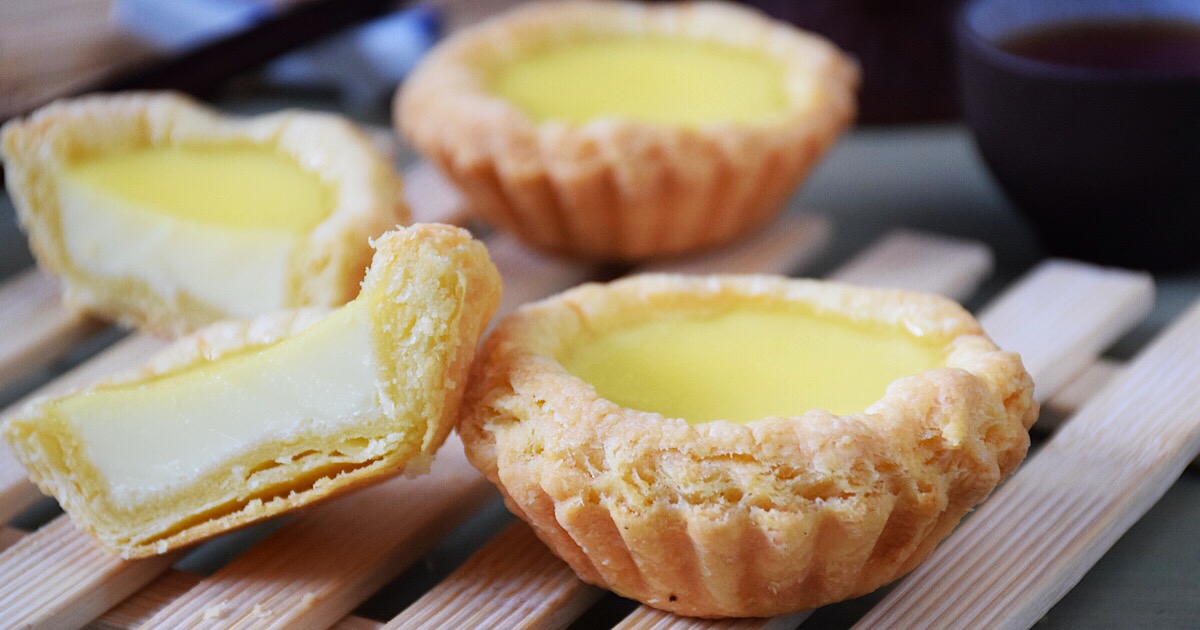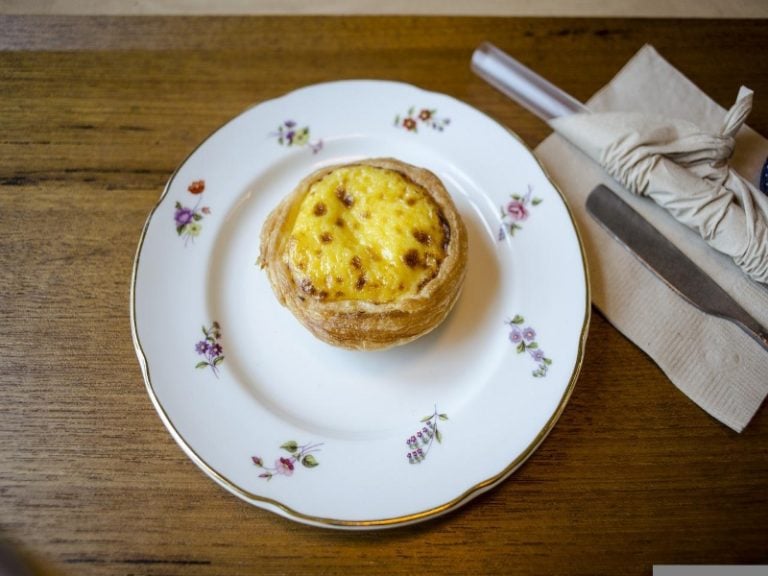

As an Amazon Associate I earn from qualifying purchases. Please check that all ingredients are suitable for your allergies and be sure to ask your medical care team regarding any allergy related questions (I do not share medical advice). I’m providing a “Jump to recipe” button below but this recipe is intermediate to advance and there are a lot of tips and explanations that may be helpful.ĭisclaimer: I am a brand ambassador for Rodelle and receive products to use and review. You will need to allow 4-4.5 hours to make this recipe but there’s very little hands-on time, just a lot of waiting around for the puff pastry to relax and to keep the butter chilled. Serve po tats as an afternoon snack, anytime dessert, or siu-yeh (late-night snack). We love the creamy egg custard in a crispy puff pastry tart shell. Pasteis de Belem is located in Bele Neighborhood and very near to the historical sites, so I highly recommend anyone to go in and check out the ambiance and the whole experience.Po Tat is another dim sum or Chinese bakery dessert that is an out of this world treat when served freshly made at home.

However, Bolo-rei the traditional Portuguese Chrismas cake only available during the Christmas period. Customers come and go, have a very quick bite with coffee then hurried to the tourists’ attraction.īeside pastel de Belem, it also other specialties that you may want to try. The wait isn’t that long (about 10-20 mins) as the turnover of customers is quite fast. Many would just grab and go as the queue is very long but there are also beautifully restored dining rooms in blue and white tiles also known as the azulejos. At the time, convents and monasteries used large quantities of egg-whites for starching clothes so the unwanted egg yolks were then used for pastries and cakes. During the olden days, the monks and nuns usually made cookies and pastries to made money. The bakery first started in the 17th century by Catholic monks at the nearby Jeronimos Monastery. The other Portuguese tarts that you find at Lisbon or all over Portugal is called Pastel de Nata. Only the Portuguese tart here can be named as Pastel de Belem. But Pastel de Belem is only available here at Pastéis de Belém bakery in Belem. Some of the antiques can be found displayed on a corner of the bakery cafe.Īre they the same thing? If you asked me I say yes, they tasted the same as I can’t tell the difference. Hence there is only one Pastéis de Belém in the world. Right now, the owners still do not intend to franchise out more shops. Pastéis de Belém is unique and it was elected as one of the 7 Wonders of Gastronomy of Portugal. All pastries are made mostly by hands according to the traditional processes with their secret recipe for more than 100 years ago. There is a window where you can peep into and see the Pastries are made. The bakery cafe sells at least 20,000 Portuguese tarts per day. A piece of the Portuguese tart cost Euro 1.10, one is always not enough. The browned patches on top are a result of the baking process so need not to worry too much. Personally, I prefer to eat it with the original flavor because it is already quite sweet for me so there is no need to sprinkle more of the sugar on top. You can eat it without any sprinkle on top or you can sprinkle it up with cinnamon powder & sugar.
#PORTUGUESE CHINESE EGG TART SKIN#
The skin is crispy and the tart is soft and custardy. The tarts are always served warm straight out from the oven that’s why it is different from other bakeries. You can find Portuguese tarts all over Portugal but this bakery shop is unique, made according to their secret recipe. Most of the customers are tourists around the world. The line to order is very long but it is still worth the wait.

If you love Portuguese Egg tarts in Macau, this one here tastes even better. It is not a museum or monument but a bakery shop and their signature pastries are Portuguese tarts. Pastéis de Belém is one of the must-visit sites in Belem Neighborhood in Lisbon Portugal.


 0 kommentar(er)
0 kommentar(er)
